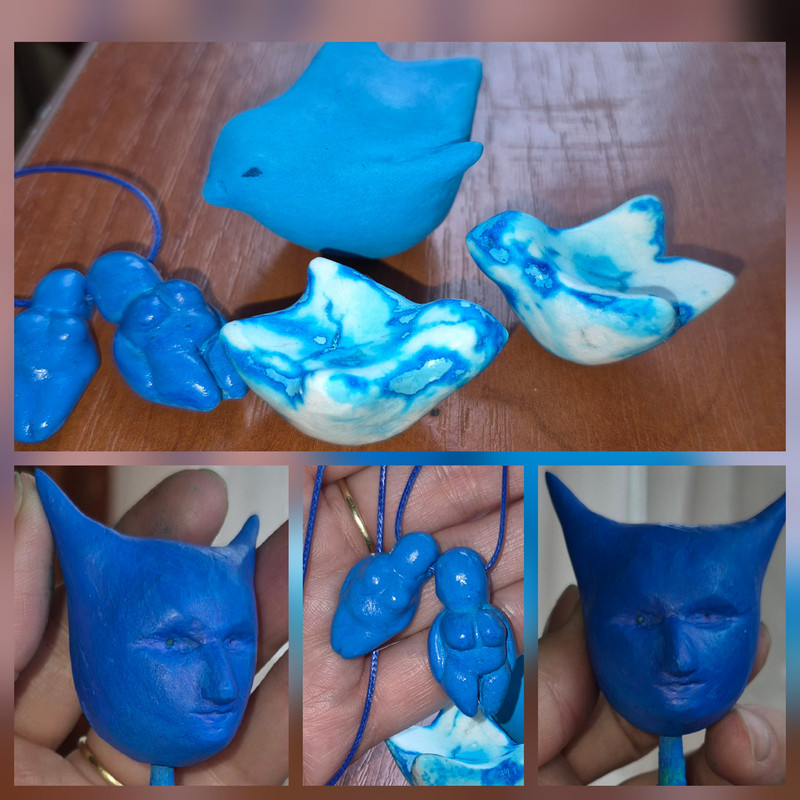Подивилася «Госфорд-парк», купа задоволення. Там стільки зірок, що очі розбігаються. І з "Цапа-відбувайла", і з "Еквілібріума", і з "Лінкольн для адвоката", і Даунтон, і
Гелен Міррен, яка може взагалі все, як і Емілі Вотсон. Обох ніжно люблю.
* * *
Фото сина воїна ЗСУ увійшло до переліку найкращих світлин року за версією National Geographic -
https://censor.net/ua/p3591017Хлопчика зняли разом із тіткою. І видно, що до війни це була красива жінка трохи у французькому чи більше іспанському стилі, а тепер ми як 20 зайвих років на плечі прийняли, кожна.
* * *
Головна новина цих днів (від 15 грудня 2025 року) - це, звісно, підрив СБУ російської субмарини підводними дронами Sub Sea Baby.
Стояла вона у Новоросійську. На борту ця капость мала аж чотири пускові установки крилатих ракет "Калібр", що на нас чи не щоночі летять, та й вдень буває. Це ті ракети від яких під'їзди у багатоповерхівках складаються, одразу десятки жертв, бо люди вдома і сплять. Так, і діти теж, в Україні у містах в багатоповерхівках по ночах сплять діти - але росія хоче вбити просто всіх українців.
Чому світ не хоче цього помічати?
І ніякі дві стіни тебе не врятують, це не дрон.
(з новин: "Нагадаємо, підірваний човен вимушено перебував у порту Новоросійськ через успішні спецоперації надводних морських дронів "Sea Baby", які витіснили російські кораблі та субмарини із Севастопольської бухти в тимчасово окупованому Криму -
https://censor.net/ua/n3590584")
* * *
Нова влада в Чехії квапиться познімати з урядових будівель прапори України, які вони ж самі там і вивішували на початку вторгнення як знак солідарності з нами у цій війні. Тепер, виходить, солідарність показувати не хочуть. А ще кажуть, що не можна брати російські гроші з європейських банків для озброєння України чи для відновлення її піля війни.
Сакральна яка штука, ті російські гроші.
Україну на частини драти - можна,
Крим анексувати - можна,
у Польщу, Румунію, Болгарію, Туреччину, Францію, Бельгію, Данію, Німеччину і так далі дронами залітати - можна,
А РОСІЙСЬКІ ГРОШІ БРАТИ НЕ МОЖНА НІКОМУ НІКОЛИ НІЯК!!!
От мені тоді одразу пика того нового чеського главнюка не сподобалася, чекала, що буде, коли воно рота розкриє... ну дочекалися, сумнівів нема.
Посол України в Чехії Василь Зварич висловив жаль через рішення чеського міністра внутрішніх справ Любомира Метнара зняти український прапор з будівлі міністерства. Водночас він наголосив, що ця ситуація не вплинула на ставлення до Чехії та чеського народу як "одних із ключових партнерів України" -
https://censor.net/ua/n3591106* * *
"Раптом ракета а я без трусів" легко трансформується у "раптом ракета, а в мене їсти не наварено". Не питайте, де тут логіка, її давно нема.
![[personal profile]](https://www.dreamwidth.org/img/silk/identity/user.png) gxachaturov) wrote2025-12-22 12:26 pm
gxachaturov) wrote2025-12-22 12:26 pm